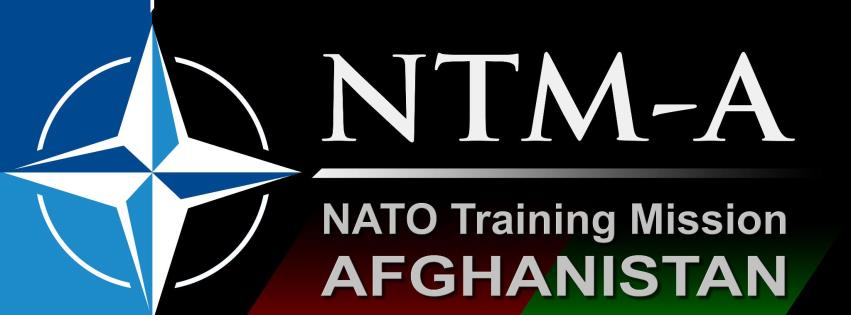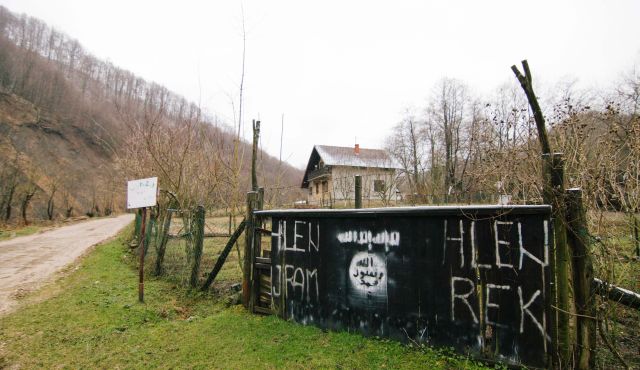In a time of heightened concerns regarding Russian aggression, Norway continues to create closer economic ties with the Eastern European state. Recently, this co-operation was demonstrated in joint Arctic oil production projects, particularly the exploration in the Sea of Okhotsk, which began on June 2, 2016. Under agreements signed by Norway and Russia, Norwegian state oil company Statoil will become part owner of jointly discovered oil fields in Russian territorial waters.
The closer ties have also resulted in a pilot project in Siberia as well as two planned offshore wells in the Sea of Okhotsk. These three projects are not currently affected by sanctions against Russia. However, there have been some setbacks; a plan for oil production co-operation in the Barents Sea was cancelled due to restrictions by sanctions.
Despite sanctions, Norway’s Statoil has expressed its desire to continue deepening ties with Russia’s state owned oil company, Rosneft. The majority ownership of both companies belongs to their respective national governments. This has blurred the lines between political will, business interests, and profit margins of state oil funds. Statoil’s fund currently exceeds 1 million Norwegian kroners (over $150,000 CND) per Norwegian citizen. This has been an incentive to resolve political disputes that block oil field development.
One such example is the signing of an agreement resolving Russia and Norway’s Arctic border dispute. Entering into force on July 7, 2011, the Russia-Norway Treaty Concerning Maritime Delimitation and Cooperation in the Barents Sea and the Arctic Ocean is a relatively recent example of Arctic cooperation between a NATO member state and Russia.
After forty years of border disagreements, Russia and Norway resolved the conflict by agreeing to manage the disputed region together. A joint Norwegian-Russian bureaucracy was established to govern the previously disputed area of the Barents Sea. Furthermore, Norway’s Statoil signed a strategic partnership with Rosneft. After initial cooperation in the jointly managed territory, Statoil was able to explore within Russian territorial waters with a 33% stake in any future oil production resulting from finds. This resulted in numerous joint ventures where Statoil conducted offshore exploration for oil fields both in the Barents Sea, Sea of Okohtsk, and Arctic Ocean.
This instance of Norwegian-Russian cooperation may become more relevant as Canada decides on a policy of cooperation or competition with Russia regarding the Arctic. In January 2016, Canadian Foreign Affairs Minister Stéphane Dion suggested that it might be time to work with Russia regarding areas of common interest, such as the Arctic. However, Canada later announced the expansion of its Nunavut training centre in response to Russia’s plans for additional military bases in its Arctic, fuelling tensions.
While border disputes have become thematic in Arctic relations, Norwegian resolution with Russia is relevant to by Canada’s adjusted territorial claims made in 2013. These claims have significant overlap of territories claimed by Russia and thus caused tension between Russia and Canada.
Foreign relations with Russia in regards to the Arctic are becoming an increasingly hot topic. There is increased military activity in the Arctic by both NATO and Russia as well as increasing economic viability of development in the Arctic. For instance, the Arctic Council’s Arctic Climate Impact Assessment has reflected on the potential positive outcomes for Arctic oil and gas activities by suggesting that reduced and thinner sea ice may increase maritime access to oil and gas. With these new opportunities the issue of Arctic sovereignty is sure to rise in significance, with large portions of the world’s unexploited resources at stake.
Photo: A Russian oil rig in the Pechora Sea (2013), by Krichevsky via Wikimedia Commons. Licensed under CC BY-SA 4.0.
Disclaimer: Any views or opinions expressed in articles are solely those of the authors and do not necessarily represent the views of the NATO Association of Canada.




